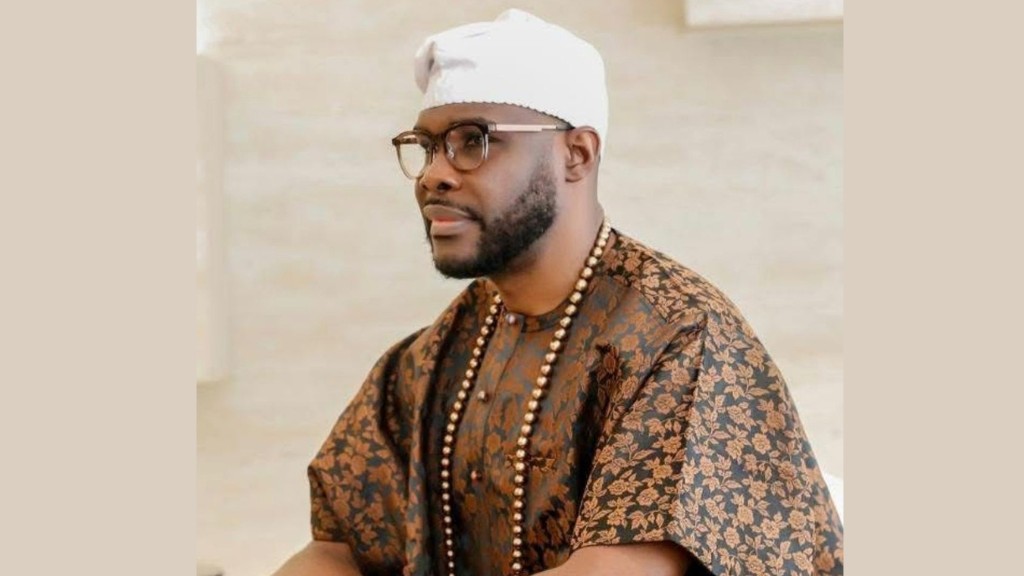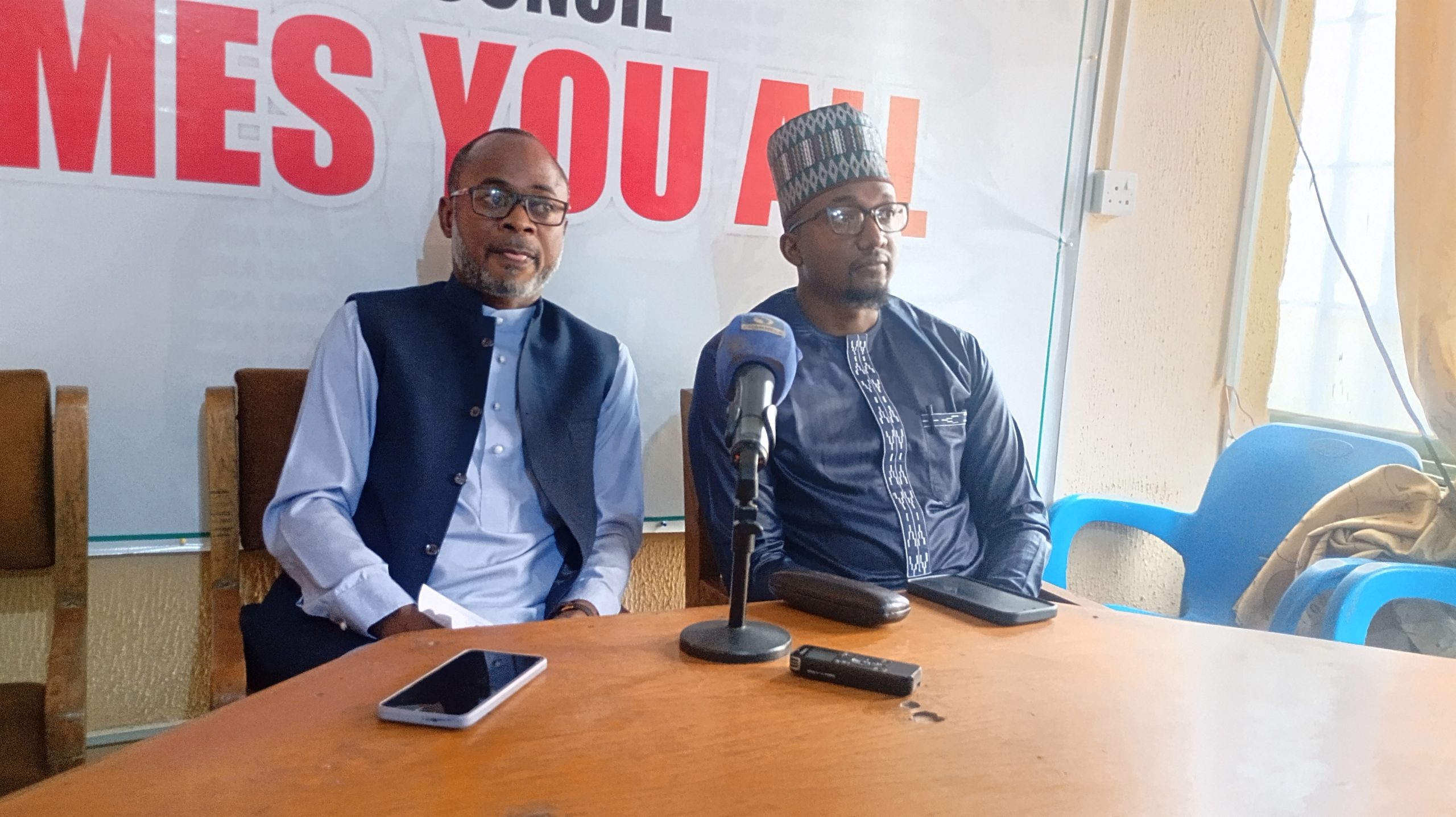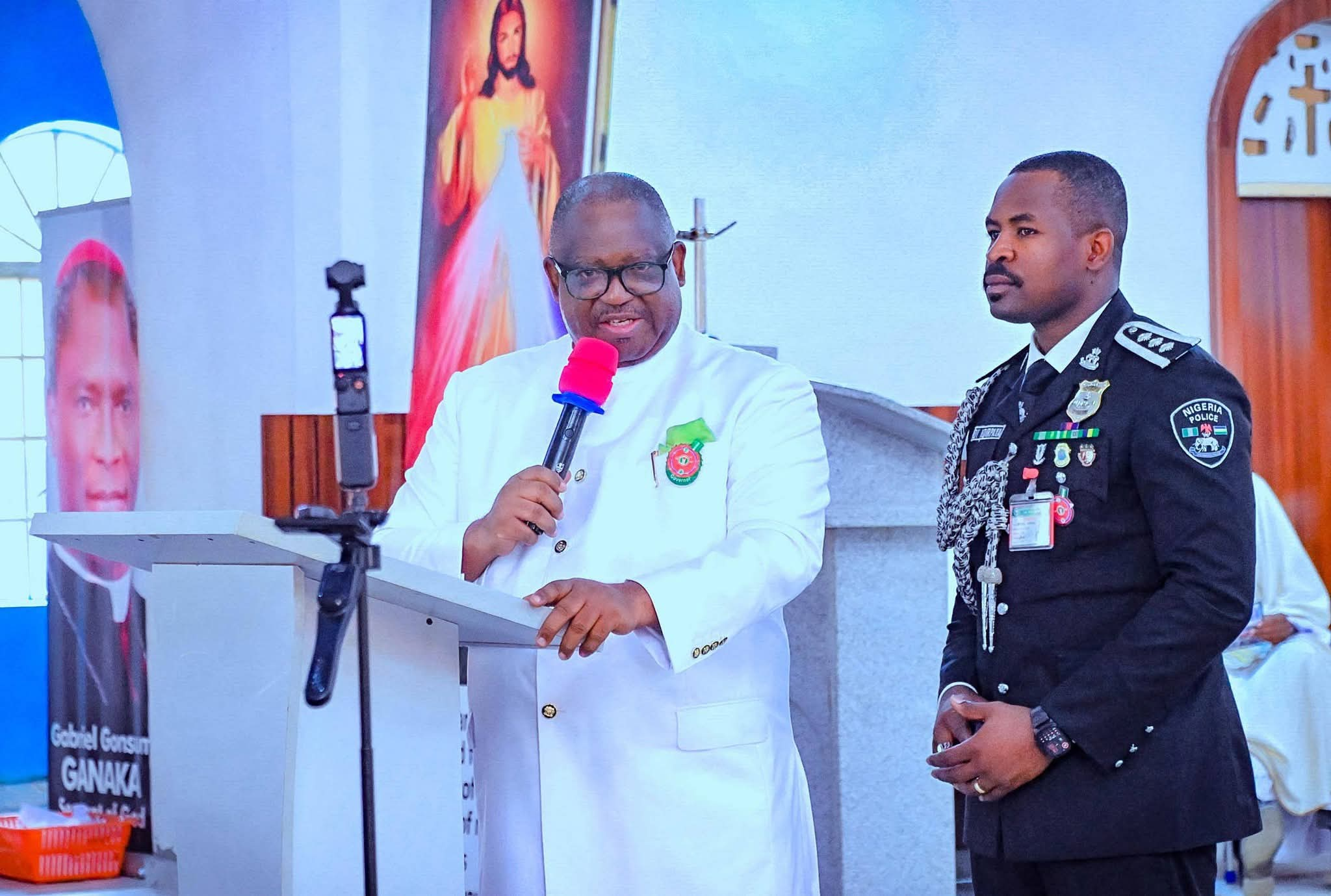
• CNPP: Five more states required to address regional imbalance
• Ohanaeze faction demands two states in fairness to South
• Bode George opposes move, calls for restructuring
• New states not solution to Nigeria’s challenges, says CSO
• Proposal long overdue, says Lagos lawmaker
The recent disclosure on a proposal to create new states by the Deputy Speaker of the House of Representatives, Benjamin Kalu, continued to stir debates over the weekend.
Kalu had revealed that the House received proposals for the creation of 31 additional states. The lawmaker’s statement, however, has divided stakeholders and analysts. While proponents argued it would foster equitable development and bring governance closer to the people, critics dismissed the move as unsustainable, urging instead for the restructuring of the country’s federal system to address its pressing economic and political challenges.
A former Deputy National Chairman of the Peoples Democratic Party (PDP), Chief Bode George, criticised the proposal, describing it as unsustainable and ineffective in addressing the country’s structural challenges.
In an interview with reporters yesterday, George insisted that state creation would neither resolve Nigeria’s developmental issues nor foster meaningful progress. Instead, he urged the nation to focus on restructuring its federal system to empower states.
“Don’t tell me we should create more states. Forget about more states. We want to create more states, and then everybody will be rushing to Abuja. This is not sustainable,” George declared.
Comparing Nigeria’s federal structure to that of the United States, George highlighted the need for true federalism, where states have greater control over resources and governance. He cited examples from the U.S., such as local governments managing airports, seaports, and oil resources without constant recourse to the central government.
“In America, they have state police and even county police. Why can’t we have such here? The creation of more states is not sustainable. What we need now is to address the problems in our federal structure,” he stated.
George also called for the devolution of power to states, stressing that decentralisation would catalyse development. He criticised Nigeria’s current constitution, describing it as dysfunctional and advocating for a comprehensive overhaul.
“The present constitution is not working. There is too much power at the centre, leaving states and local governments helpless and incapacitated,” he said.
He emphasised that every state in Nigeria is endowed with abundant resources, including agriculture, minerals, and human capital, but argued that centralised governance has hindered effective utilisation.
George concluded by reiterating that restructuring, not state creation, is the solution to Nigeria’s political and economic challenges. Similarly, a civil society organisation, the Centre for Credible Leadership and Citizens Awareness (CCLCA), cautioned against the creation of additional states, describing it as an impractical solution to the country’s challenges.
The centre’s director-general, Gabriel Nwambu, issued the warning yesterday in Abuja during an interview with journalists, noting that creating more states would worsen existing problems rather than alleviate them.
“It is clear that the creation of additional states is not a viable solution to our nation’s pressing issues and, in fact, could exacerbate the situation we are working hard to overcome,” he stated.
He argued that such a move would heighten regional disparities, escalate governance costs and worsen the country’s economic challenges. He, therefore, called for a critical review of the idea.
“As the country navigates through its economic challenges, governance reform must be approached with an understanding of current realities,” he said. Highlighting the financial strain faced by some states, he noted that several were struggling to meet basic obligations, including paying the N70,000 minimum wage.
“The crux of the matter is that some states have reached a point of insolvency, making the idea of creating new ones — a process that demands additional financial resources — even more untenable,” he said. Nwambu described the timing of the proposals as troubling, especially as the nation engages in discussions aimed at reducing governance costs.
“The addition of 31 new states will inherently lead to an increase in legislative assemblies, senators and members of the House of Representatives, thereby inflating the political structure rather than streamlining it,” he stated.
He called for greater attention to pressing issues such as insecurity, unemployment, inadequate healthcare and infrastructure deficits, stressing that creating new states would distract from addressing these critical concerns.
“It is crucial to strengthen existing governance structures, enhance service delivery and ensure that government revenues are transparently channelled towards the needs of citizens,” he added.
Nwambu urged policymakers to prioritise developmental needs over what he described as “cosmetic political restructuring” to ensure the sustainable progress of the country.
RATHER than outright rejection, the Conference of Nigeria Political Parties (CNPP) called on the National Assembly to take swift action to create five additional states to address regional disparities in Nigeria’s geopolitical structure.
In a statement released yesterday in Kaduna by its Deputy National Publicity Secretary, Comrade James Ezema, the CNPP emphasised the need for equity, fairness, and justice in the distribution of resources and opportunities among the six geopolitical zones.
“Democracy does not support injustice. The basic principles of democracy derive from free, fair, just, and equitable distribution of resources, and the rule of law,” Ezema stated.
The group highlighted that the creation of additional states would promote unity, stability, and progress, urging that each geopolitical zone should have seven states based on economic viability and other relevant factors.
Currently, the North Central and North West zones each have seven states, while the North East, South West, and South-South zones have six states. The South East region, however, lags behind with only five states.
To address this imbalance, the CNPP proposed one additional state each for the South West, North East, and South-South zones, and two additional states for the South East. Following this, the National Assembly could consider creating further states across all six zones.
“This step is necessary to ensure every region in Nigeria has an equal opportunity to develop and contribute to national growth and prosperity,” Ezema stressed.
The CNPP also reaffirmed its commitment to good governance, transparency, and accountability, pledging to continue advocating for the protection of Nigerians’ rights and interests.
In the same vein, a faction of the apex Igbo socio-cultural group, Ohanaeze Ndigbo, insisted that the imbalance in state representation between the North and South must first be addressed.
In a statement issued in Abakaliki at the weekend, the Deputy National President of the Mazi Okechukwu Isiguzoro-led faction described the proposal as lacking credibility and a clear understanding of the principles necessary for creating viable political entities.
“For the sake of equity and justice, two additional states should be created in the South to ensure parity with the North, resulting in 19 states each,” Isiguzoro stated.
He criticised the proposal for being premature and immature, asserting that it undermines the stature of the House of Representatives and compromises its governance role.
Ohanaeze Ndigbo reaffirmed its position that discussions on state creation must prioritise the Southern region, which has 17 states compared to the North’s 19, a disparity the group deems unacceptable.
Isiguzoro also appealed to President Bola Ahmed Tinubu to demonstrate the political will to correct the imbalance. He argued that the North’s numerical advantage, established by past military regimes, has conferred political and economic privileges that must be offset by creating two additional states in the South.
“Ohanaeze Ndigbo, as the foremost socio-cultural organisation representing the Igbo people and Southern Nigeria, unequivocally rejects the House’s proposal for 31 new states,” the statement read. “This suggestion is premature and displays a lack of maturity from our representatives. Such proposals only diminish the integrity of the House of Representatives.”
The group commended Deputy Speaker Benjamin Kalu for dismissing the proposal, stating that his remarks reflect an effort to preserve the legislative institution’s dignity.
Ohanaeze Ndigbo emphasised that the Southeast, with just five states, should be the first to benefit from new state creation to achieve parity with the Northwest, which has seven states. The group further proposed that the second state should be allocated to either the Southwest or Southeast as part of a strategic adjustment to address long-standing grievances and ensure equitable power distribution.
“This adjustment is not merely a numeric correction but a critical step toward achieving justice and fostering national unity,” Isiguzoro stated. “We call on President Tinubu to take decisive action by creating two additional states in the Southern region to promote fairness and equality across the federation.”
However, a member of the Lagos State House of Assembly, Mr Stephen Ogundipe, described the proposed creation of new states as long overdue. Ogundipe, representing Oshodi/Isolo Constituency 1 under the All Progressives Congress (APC), made the assertion yesterday during an interview with journalists in Lagos.
He noted that the last time states were created in Nigeria was on October 1, 1996, during the military administration of the late Gen Sani Abacha, and argued that some states had become too large for effective administration. According to him, the creation of additional states would foster equitable development and bring governance closer to the people.
“The new states would take infrastructural and economic growth deeper into the nooks and crannies, thereby bringing governance closer to the people. You will agree with me, it is long overdue,” Ogundipe said. He expressed confidence in the feasibility of the proposal, saying it must have undergone due processes to arrive at the current suggestions.
“Rather than questioning the number of proposed states, we should focus on holistically developing every part of the country so that every Nigerian citizen feels a sense of belonging,” he added.
Ogundipe drew comparisons to the United States, stating that even under former President Donald Trump, there were calls for additional states. He acknowledged concerns that political motivations might drive some demands for state creation but maintained that patriotism and proper resource management could address these fears.
“The major focus should be on ensuring that those in charge are patriotic and allocate resources justifiably to critical sectors for even development,” he said.
The lawmaker also emphasised the need for proposed states to explore internal revenue generation to reduce reliance on federal allocations. He expressed optimism that economic concerns surrounding state creation would be addressed, leading to long-term benefits.
Ogundipe urged Nigerians to support initiatives aimed at spreading development across the country, ensuring that all regions thrive equitably.
The proposed states are:
North Central: Okun, Okura, and Confluence (Kogi); Benue Ala and Apa (Benue); FCT State.
North East: Amana (Adamawa); Katagum (Bauchi); Savannah (Borno); Muri (Taraba).
North West: New Kaduna and Gurara (Kaduna); Tiga and Ari (Kano); Kainji (Kebbi).
South East: Adada (Enugu); Orlu (Imo); Aba (Abia); Etiti and Urashi.
South South: Ogoja (Cross River); Warri (Delta); Ori and Obolo (Rivers).
South West: Torumbe (Ondo); Ibadan (Oyo); Lagoon (Lagos/Ogun); Ijebu (Ogun); Oke Ogun/Ijesha (Oyo/Ogun/Osun).






